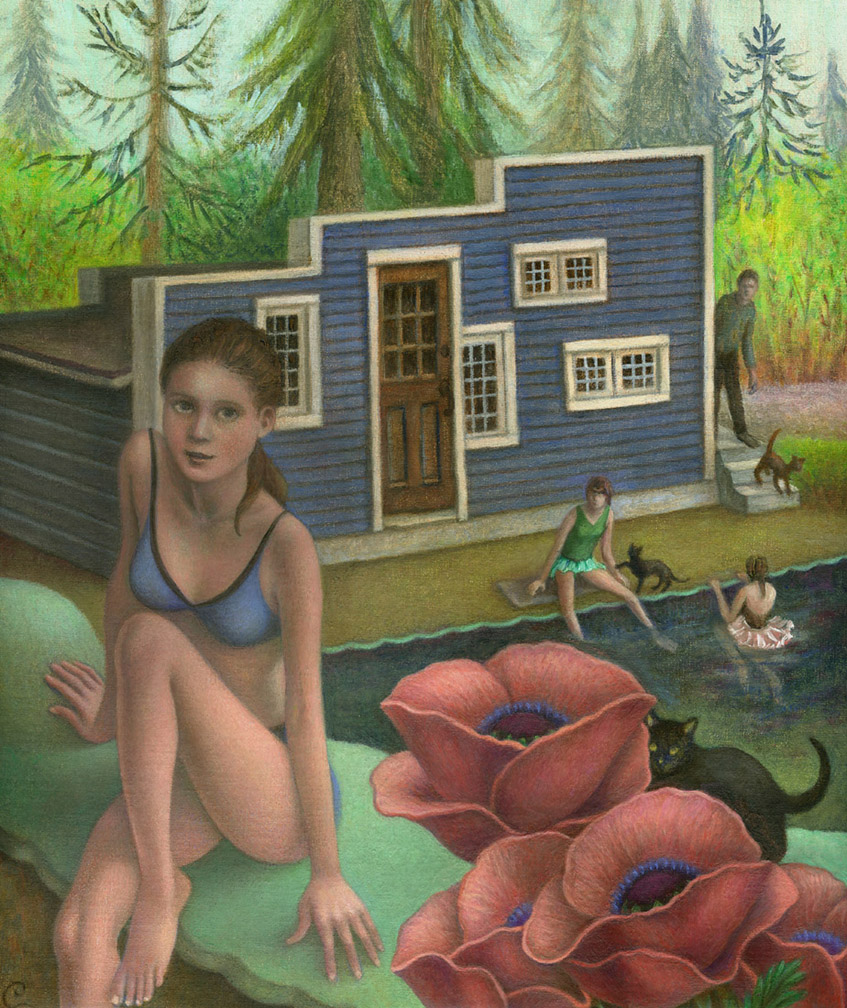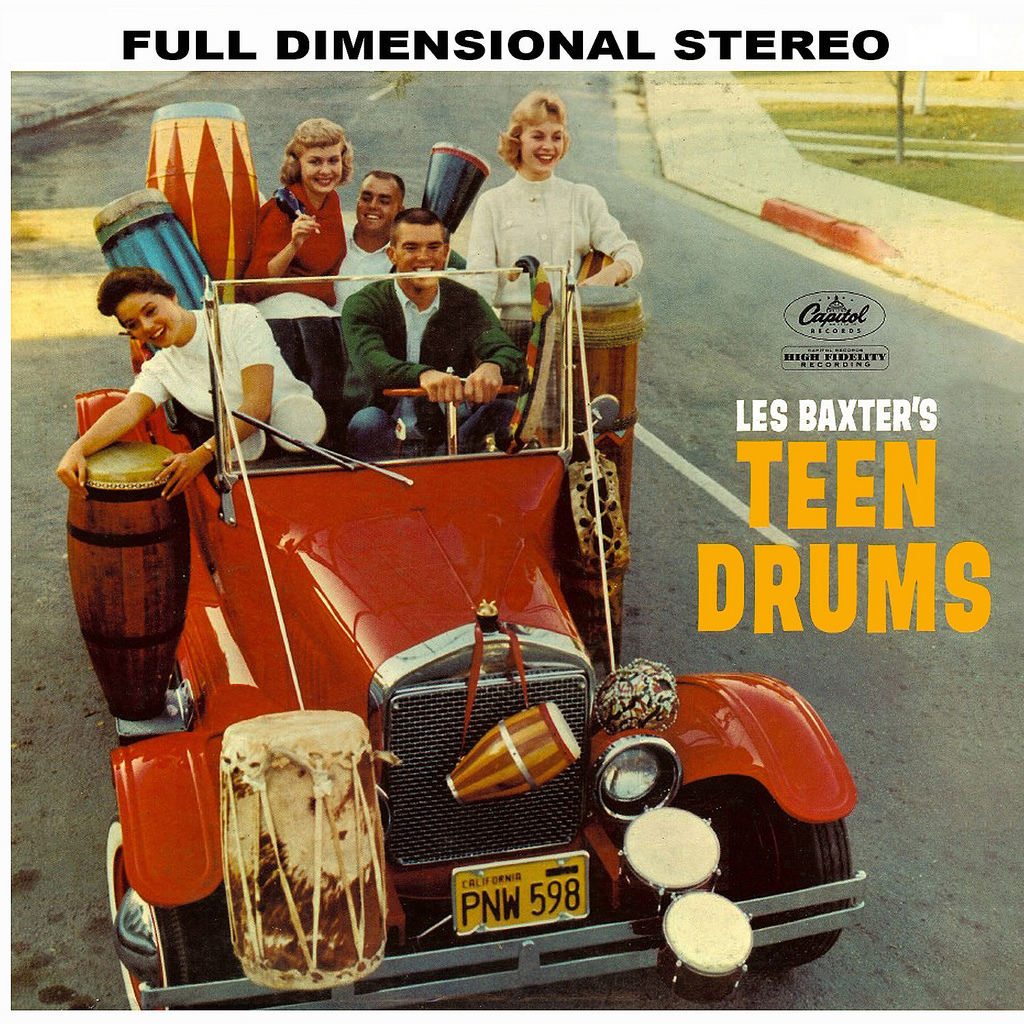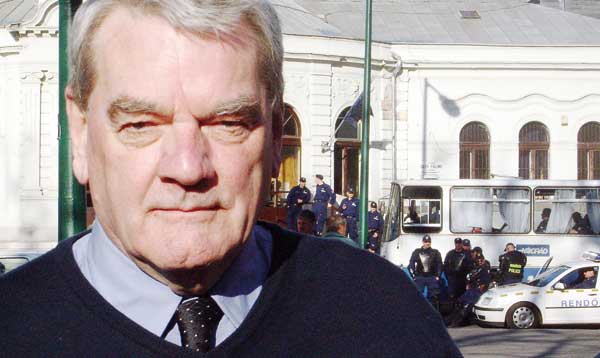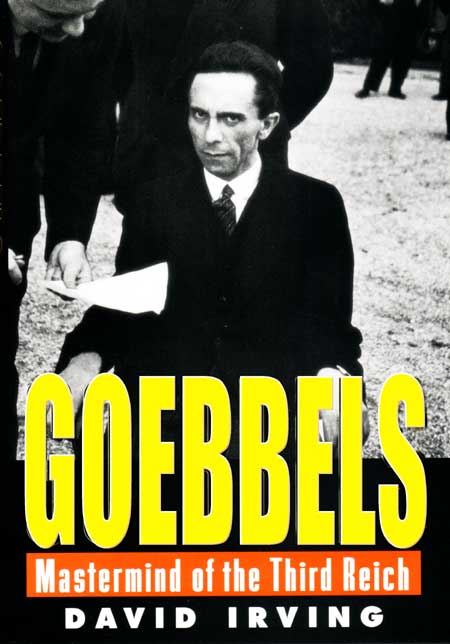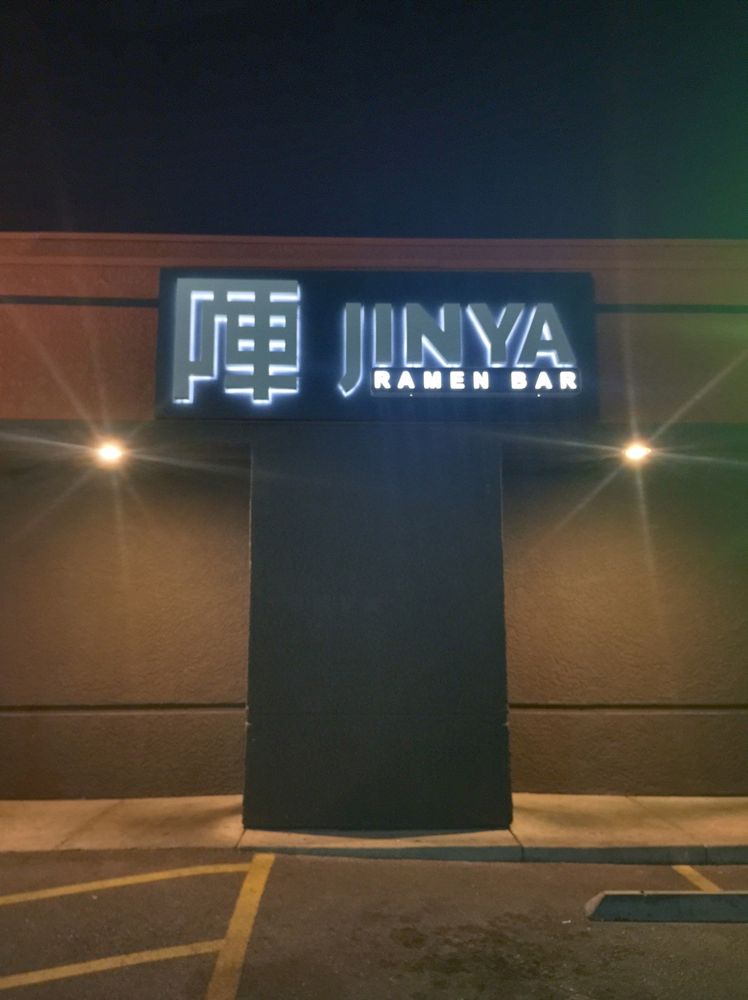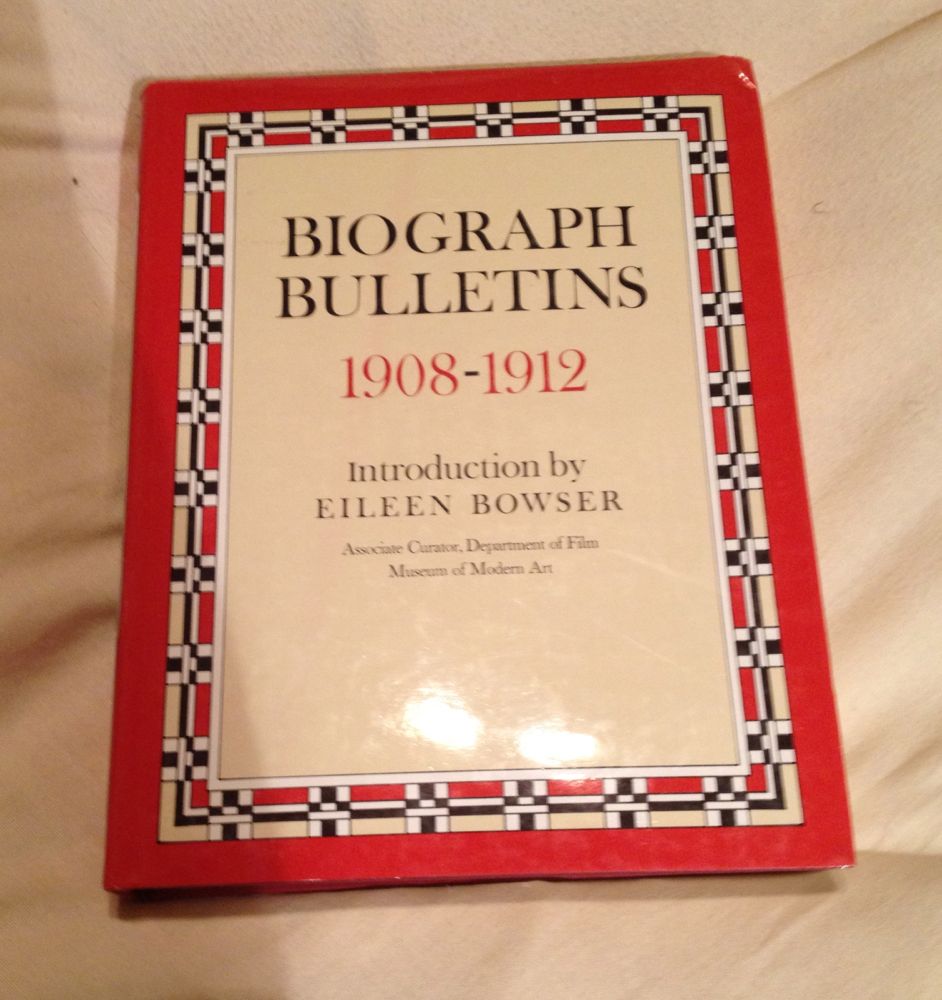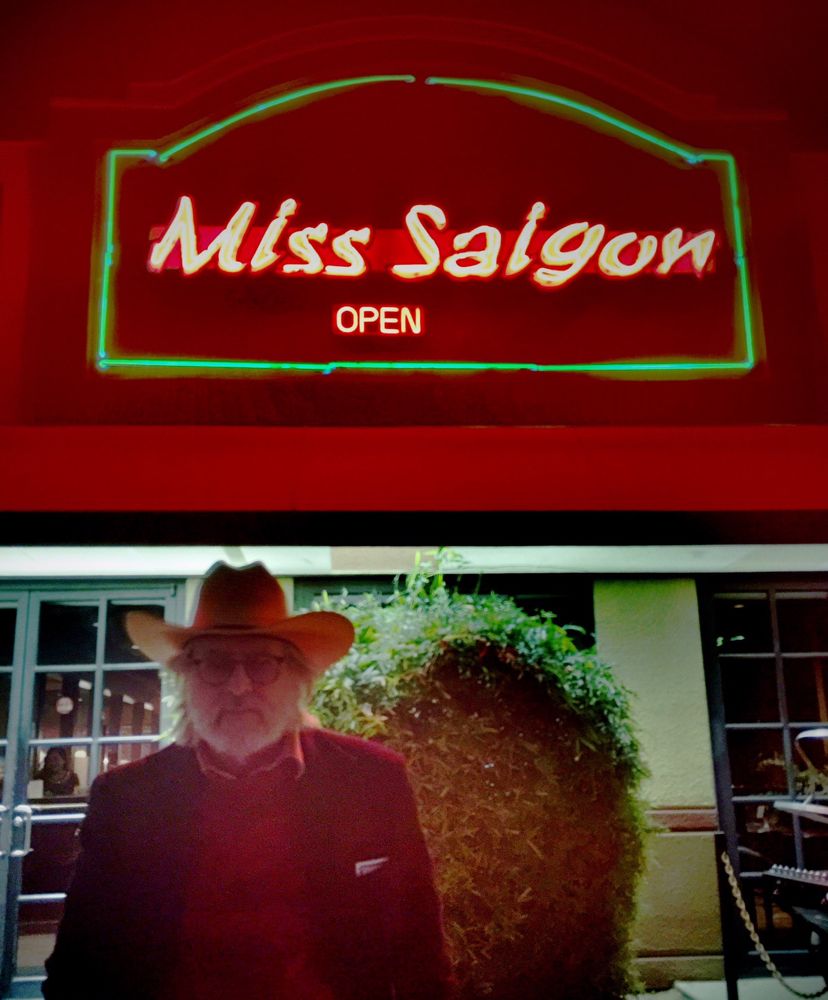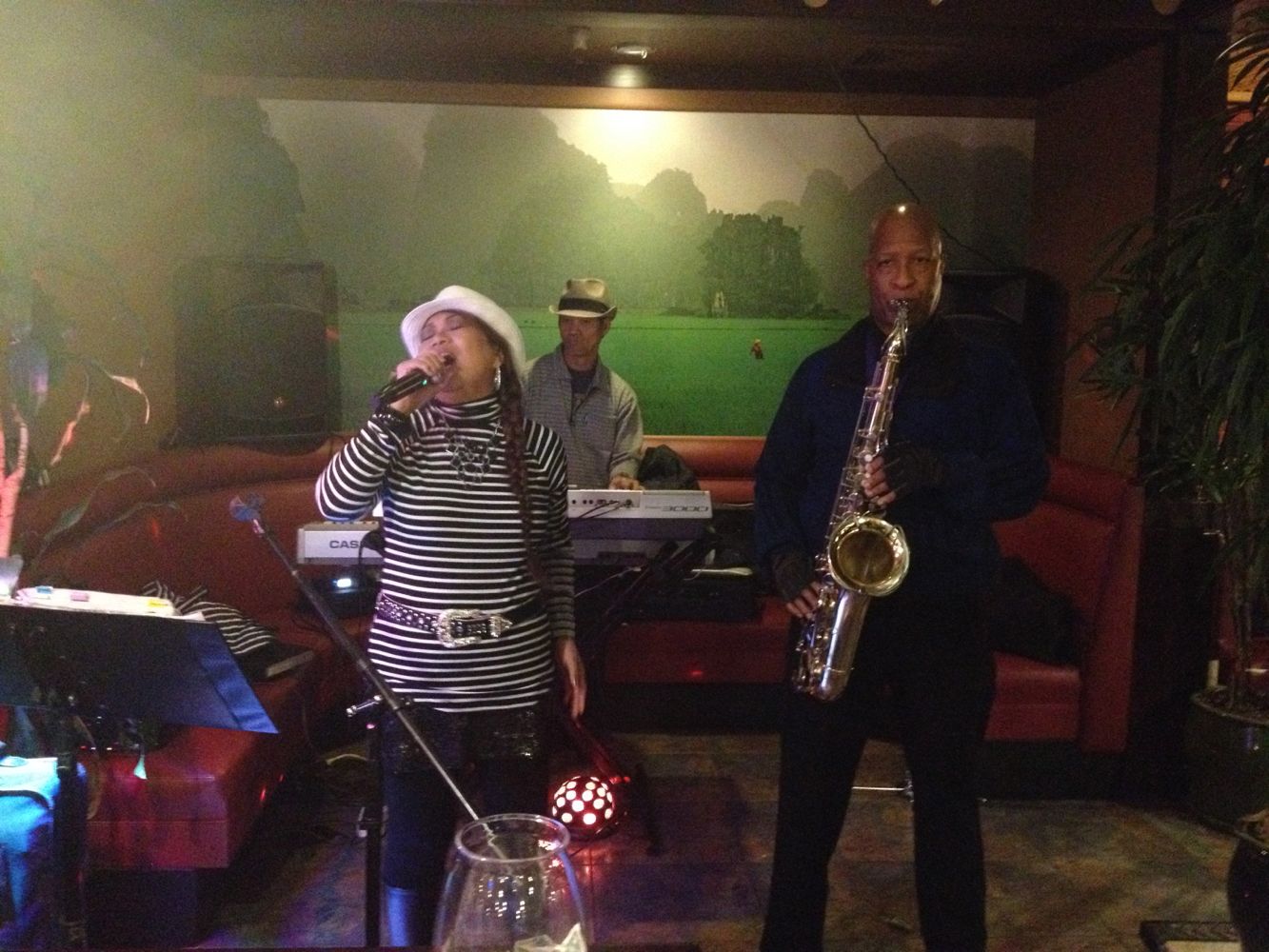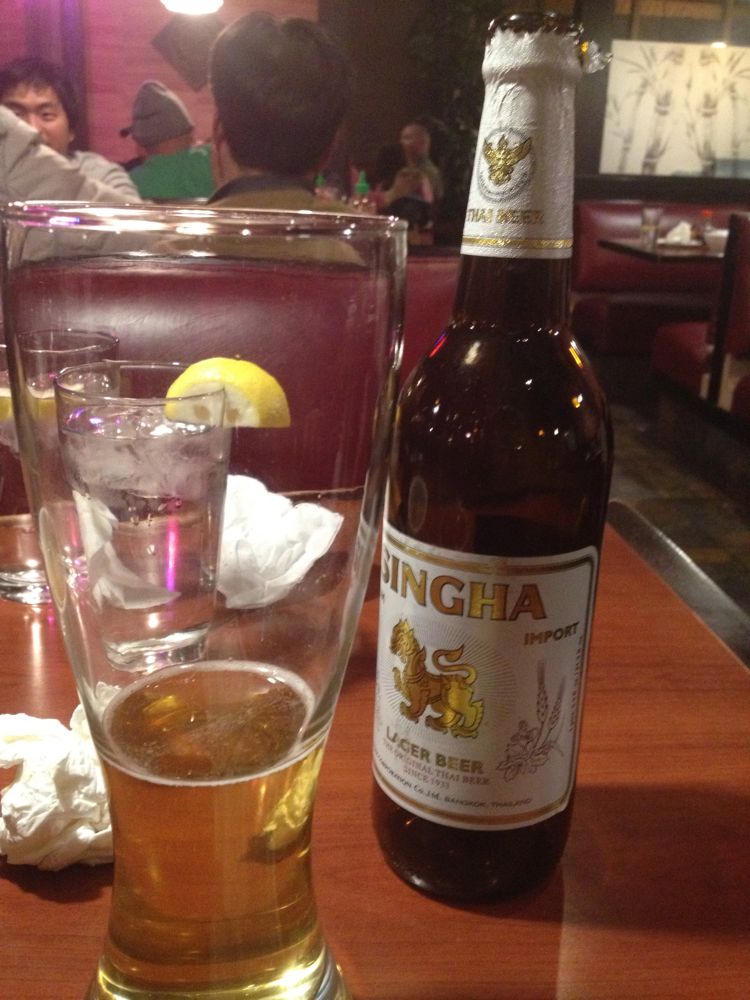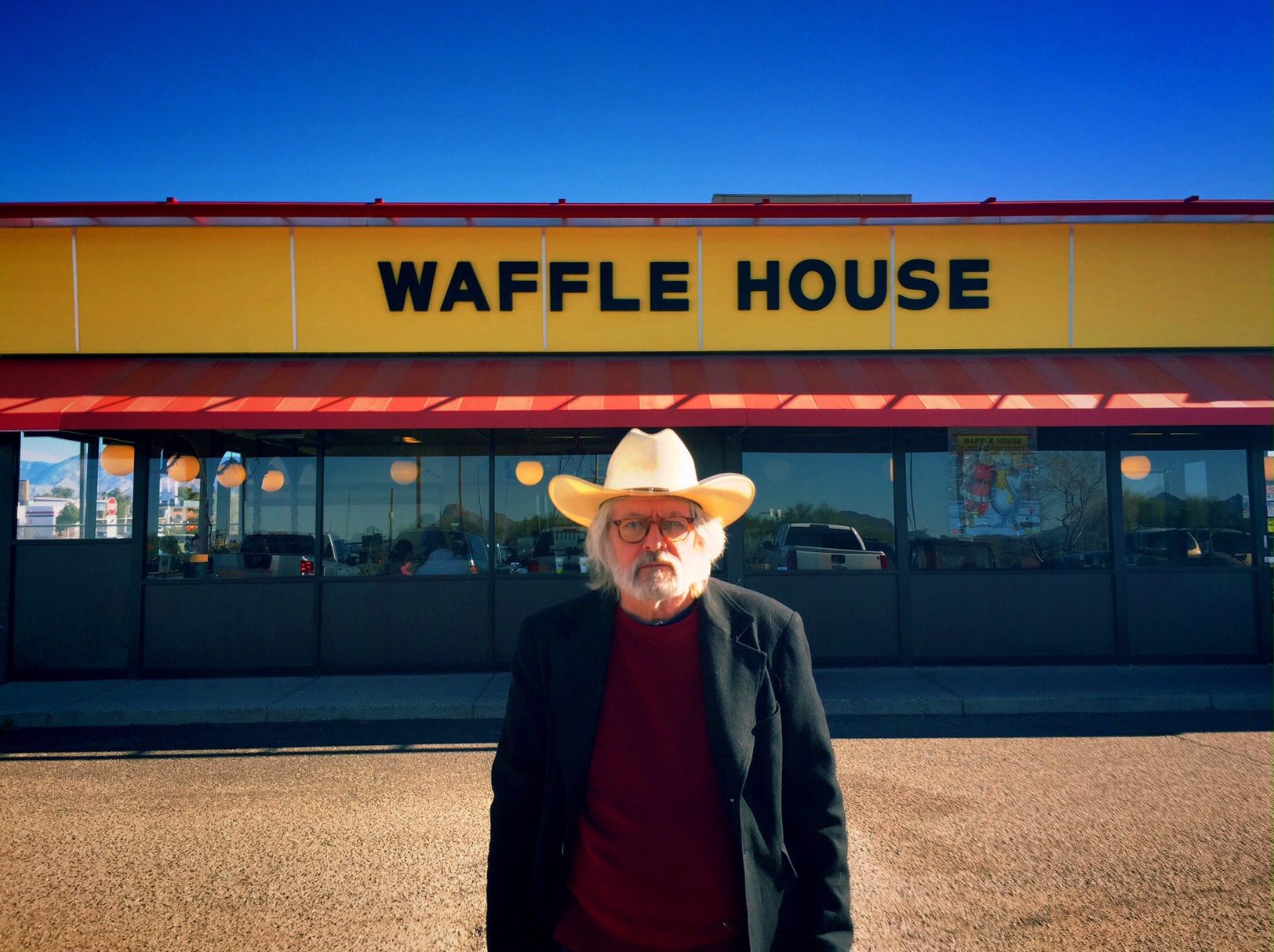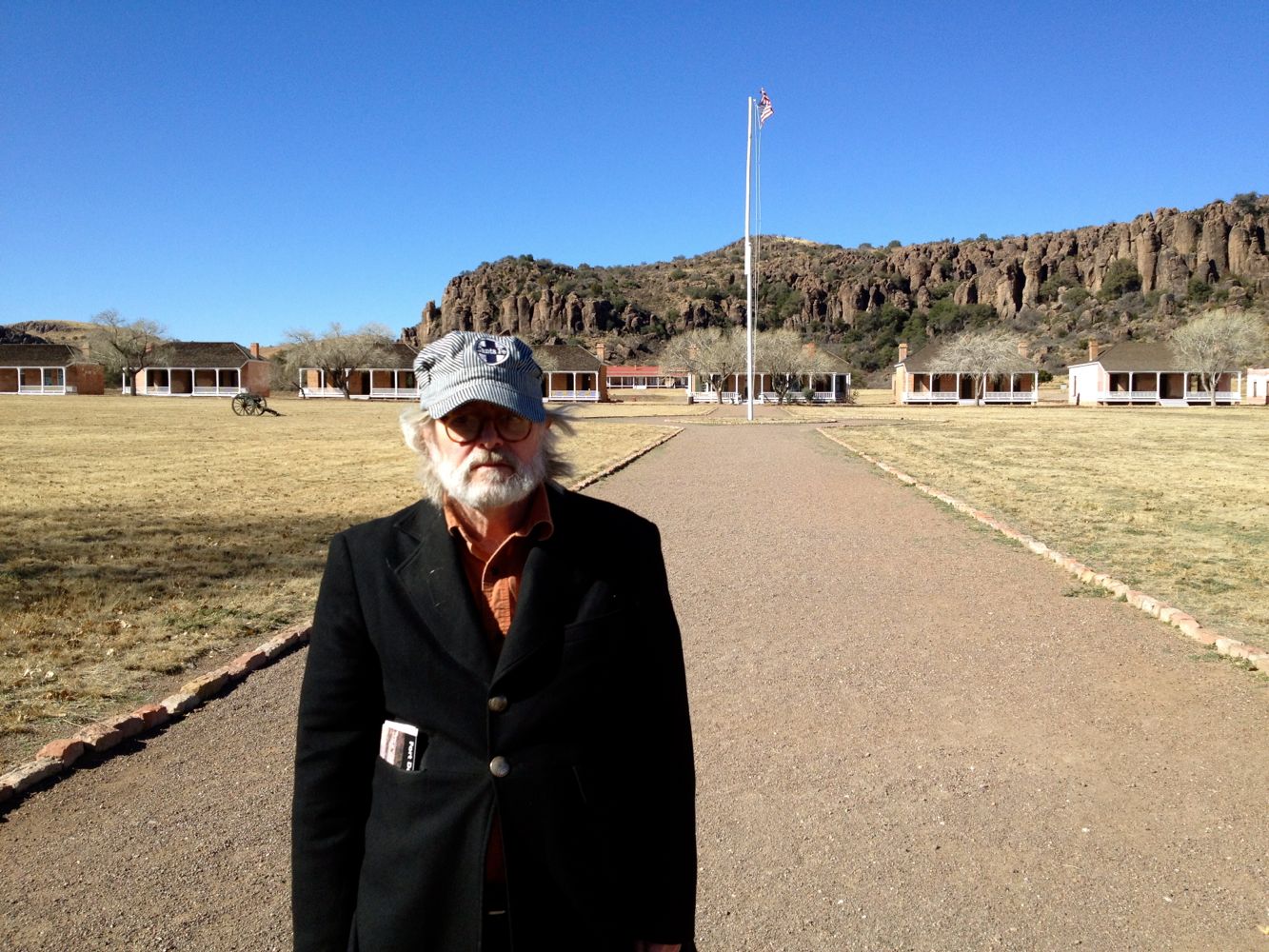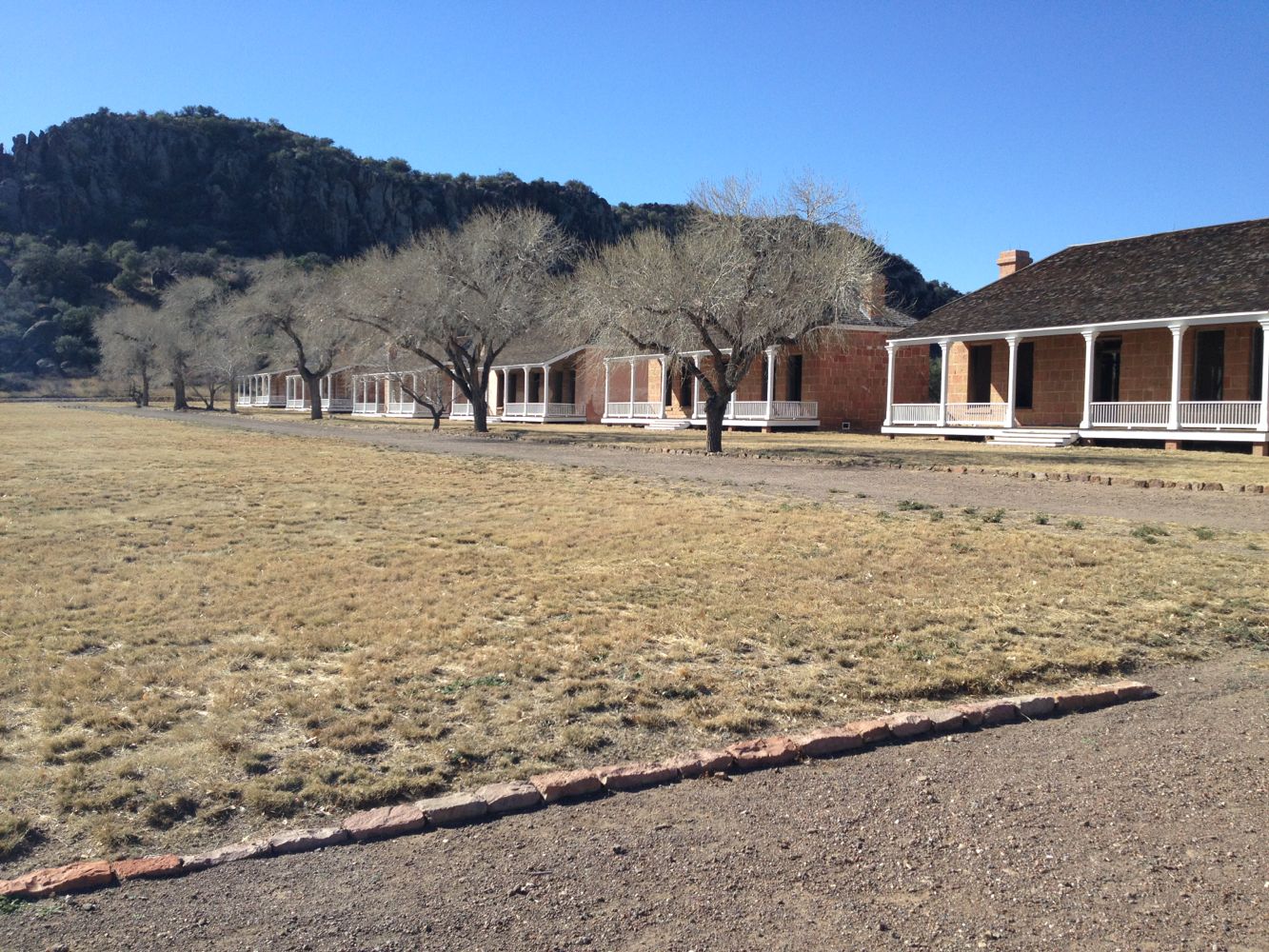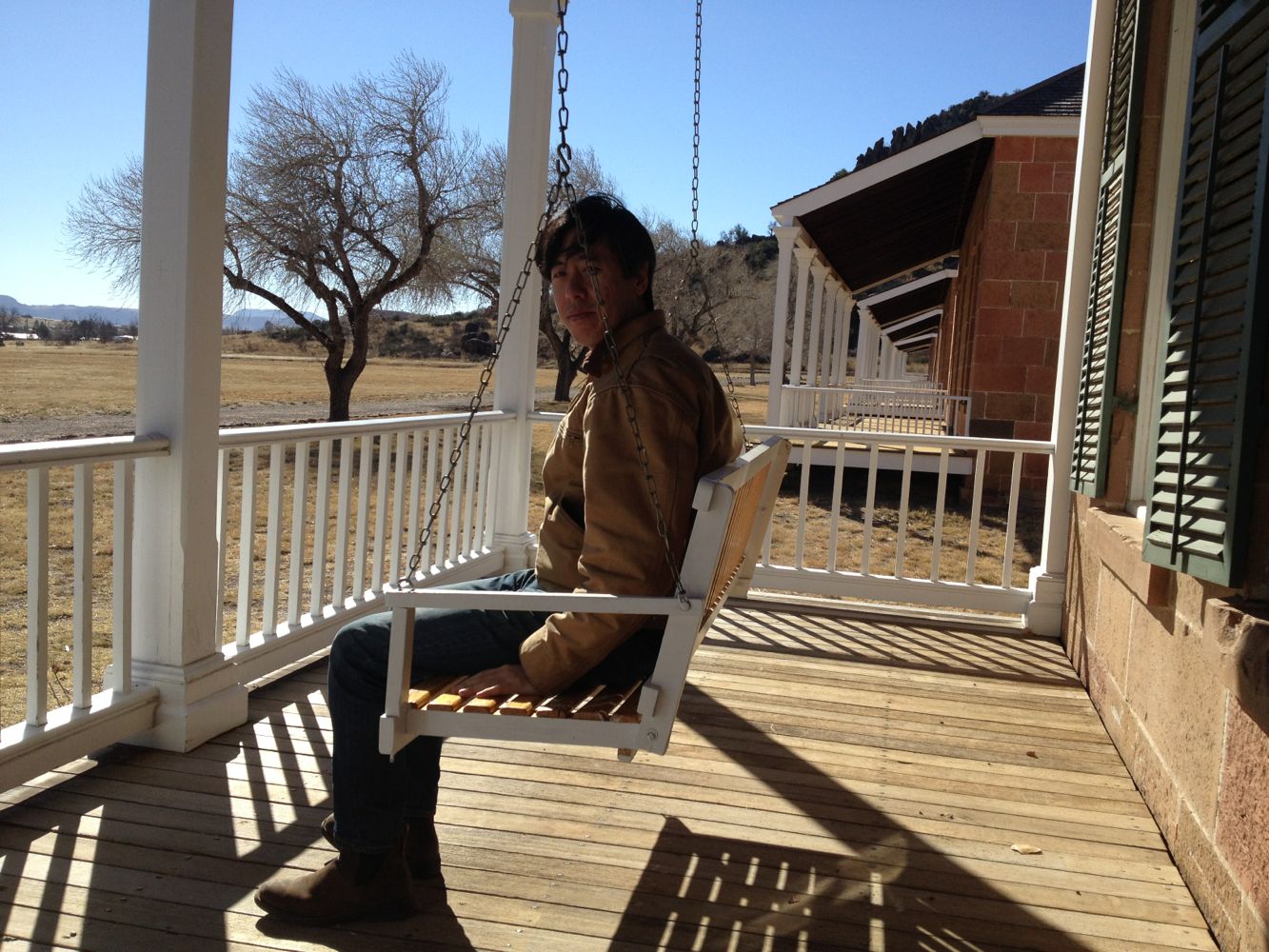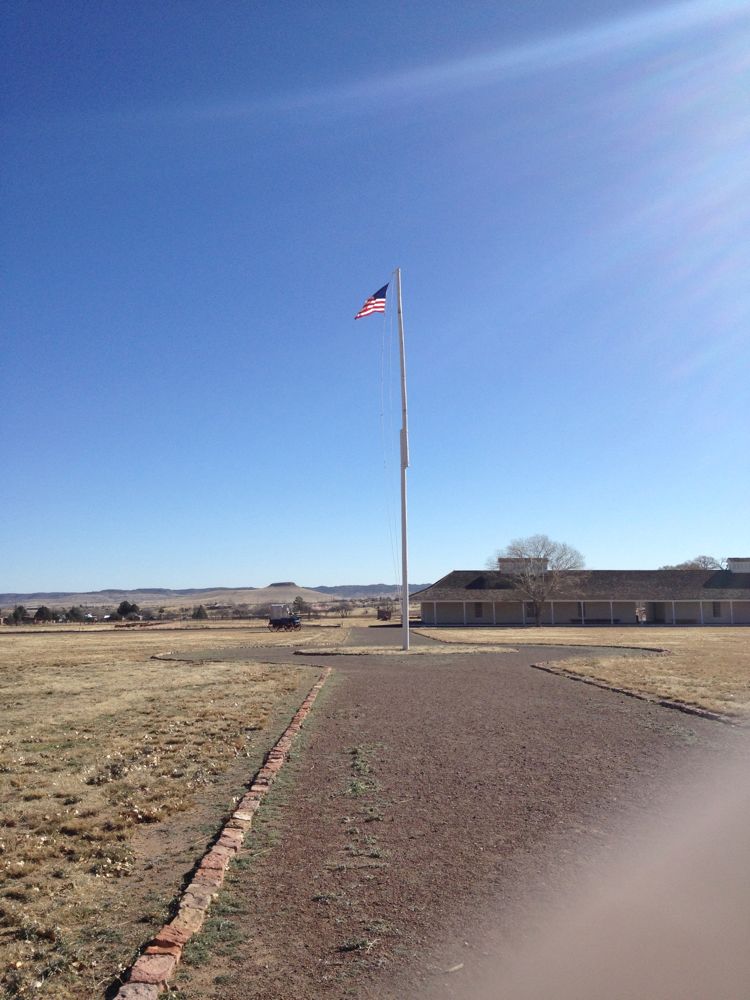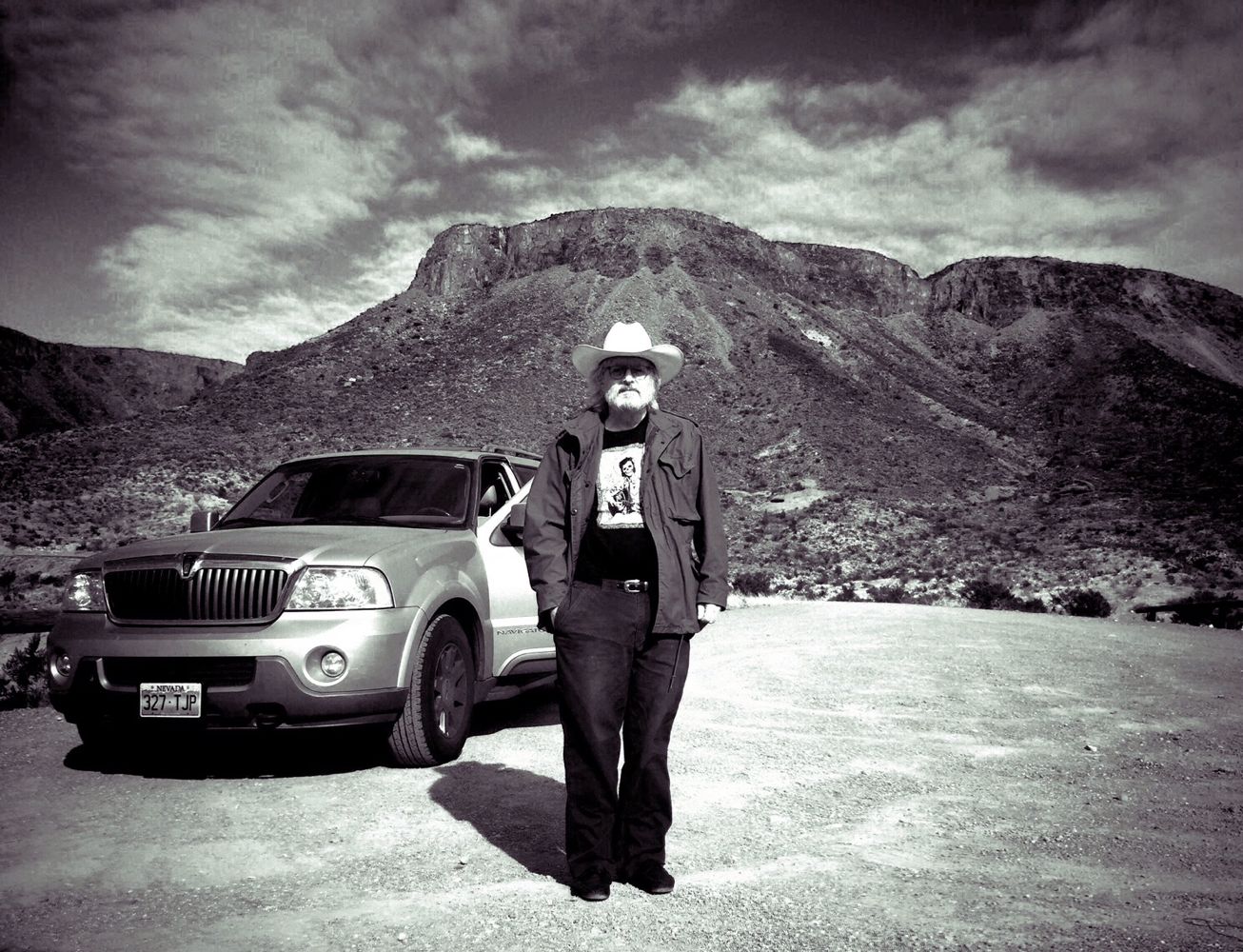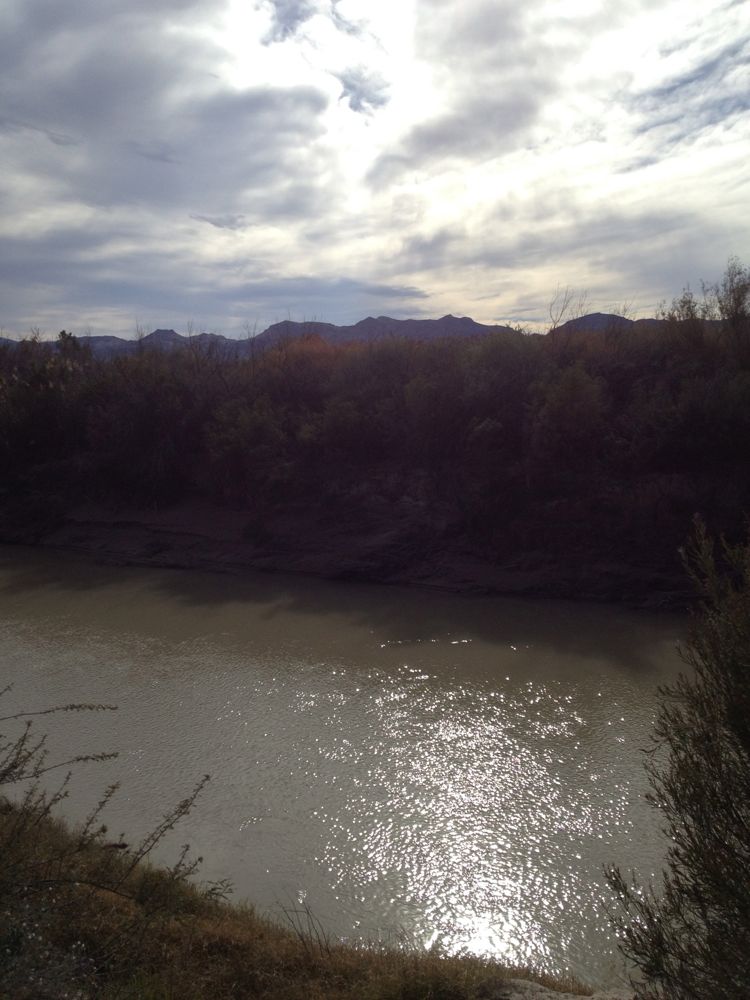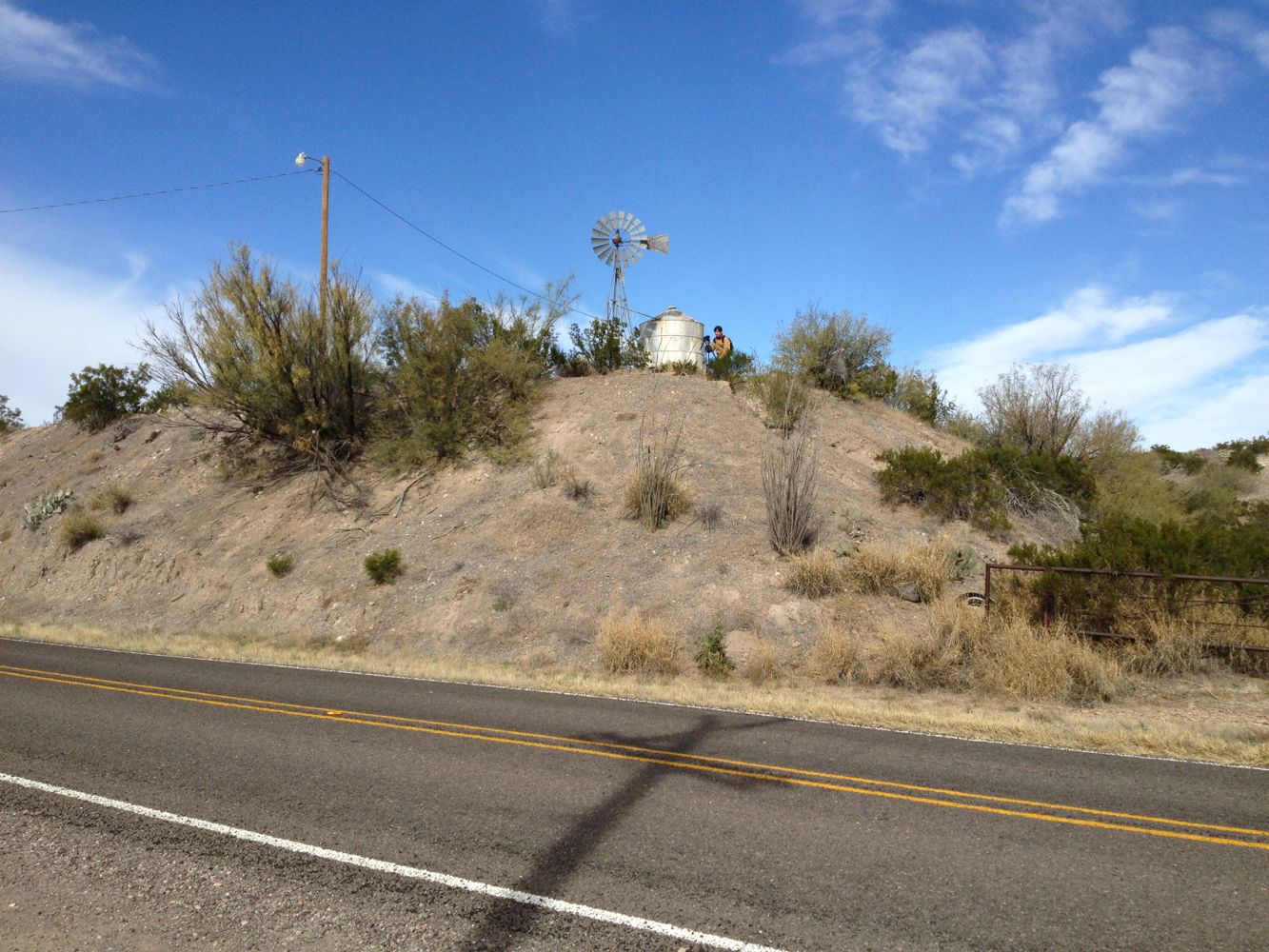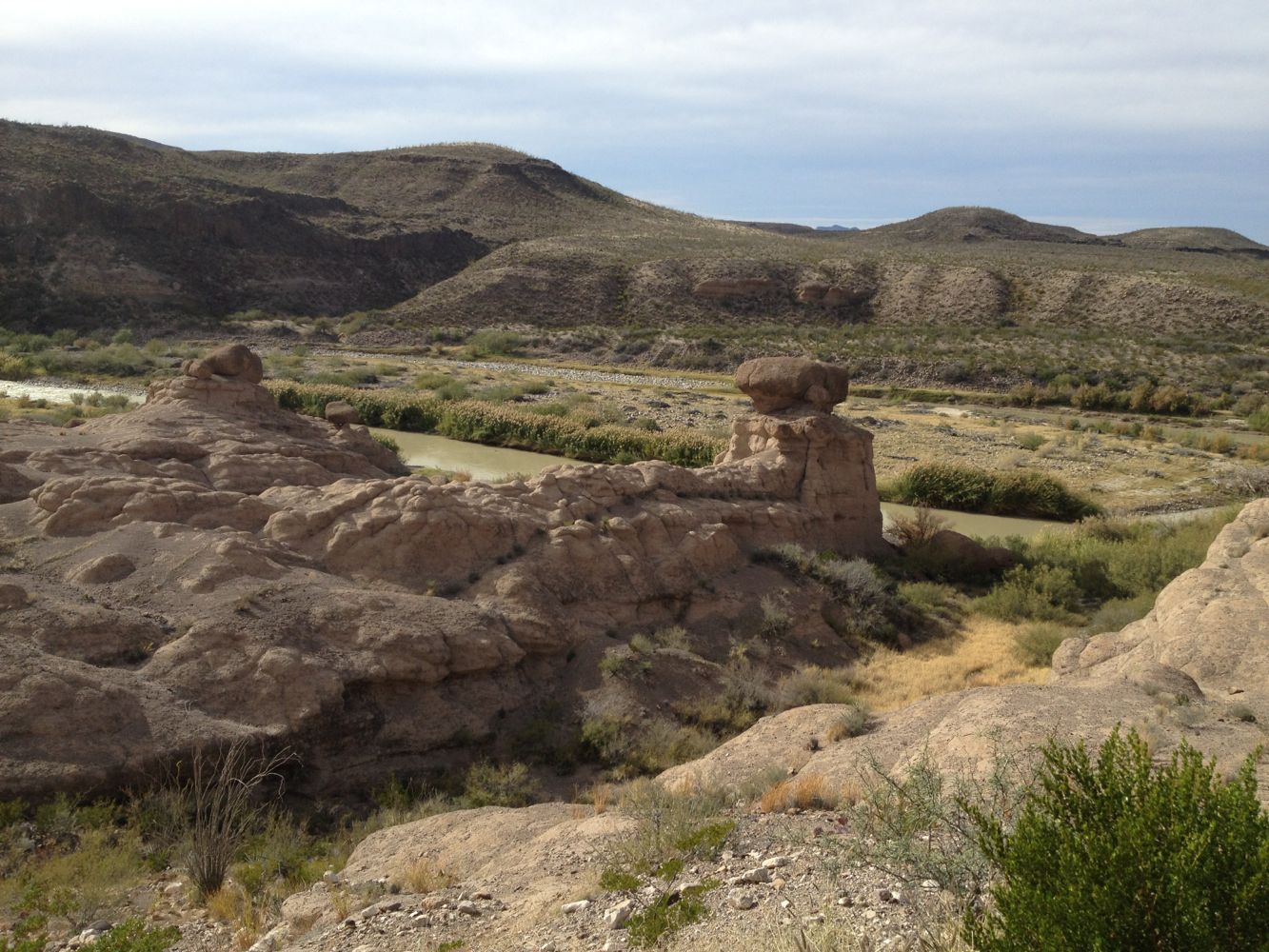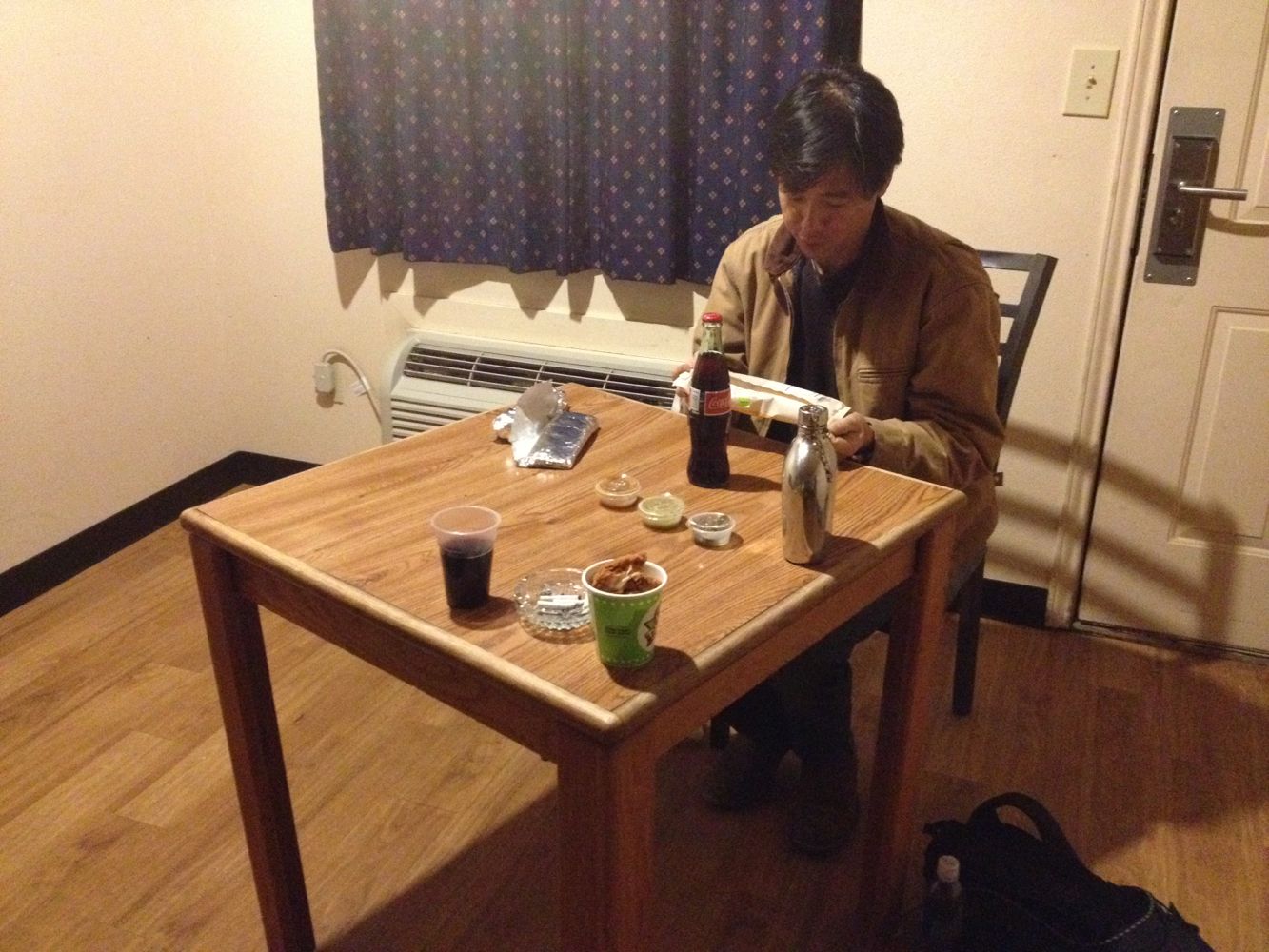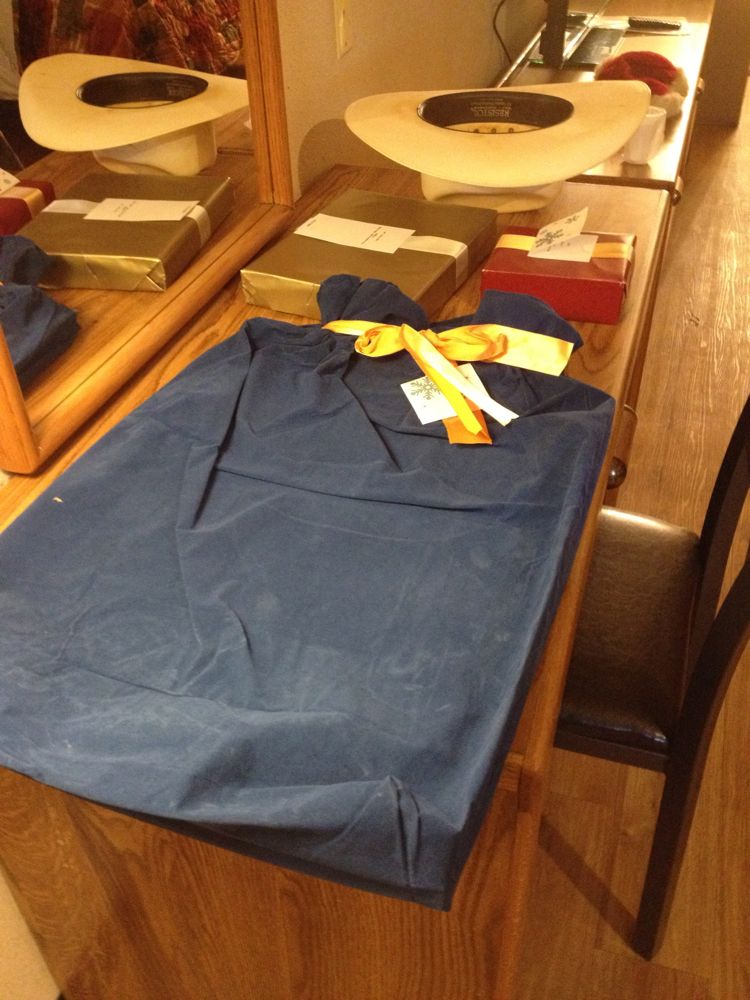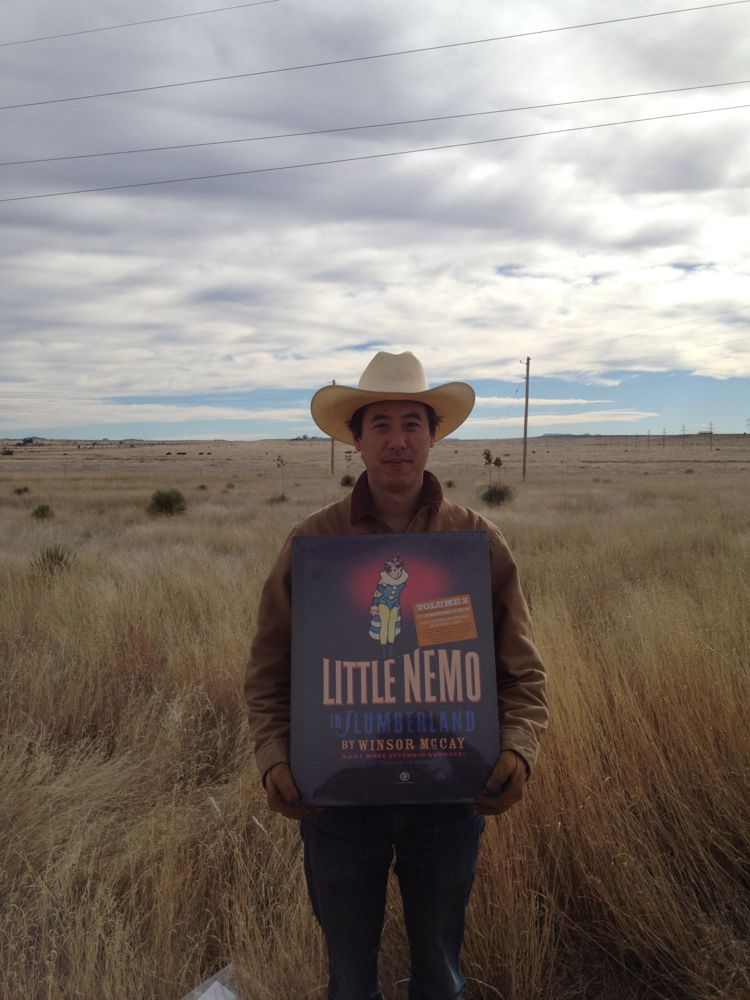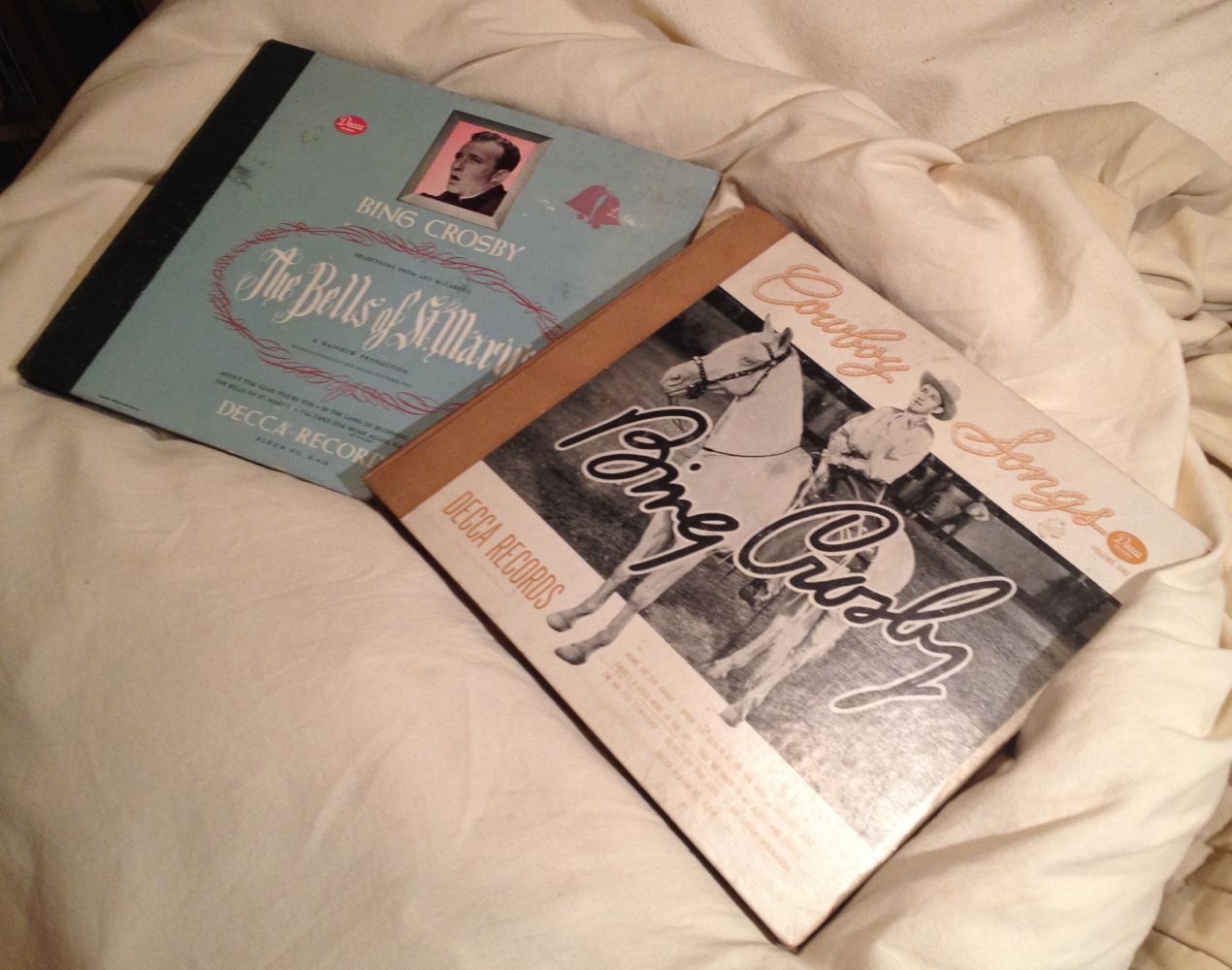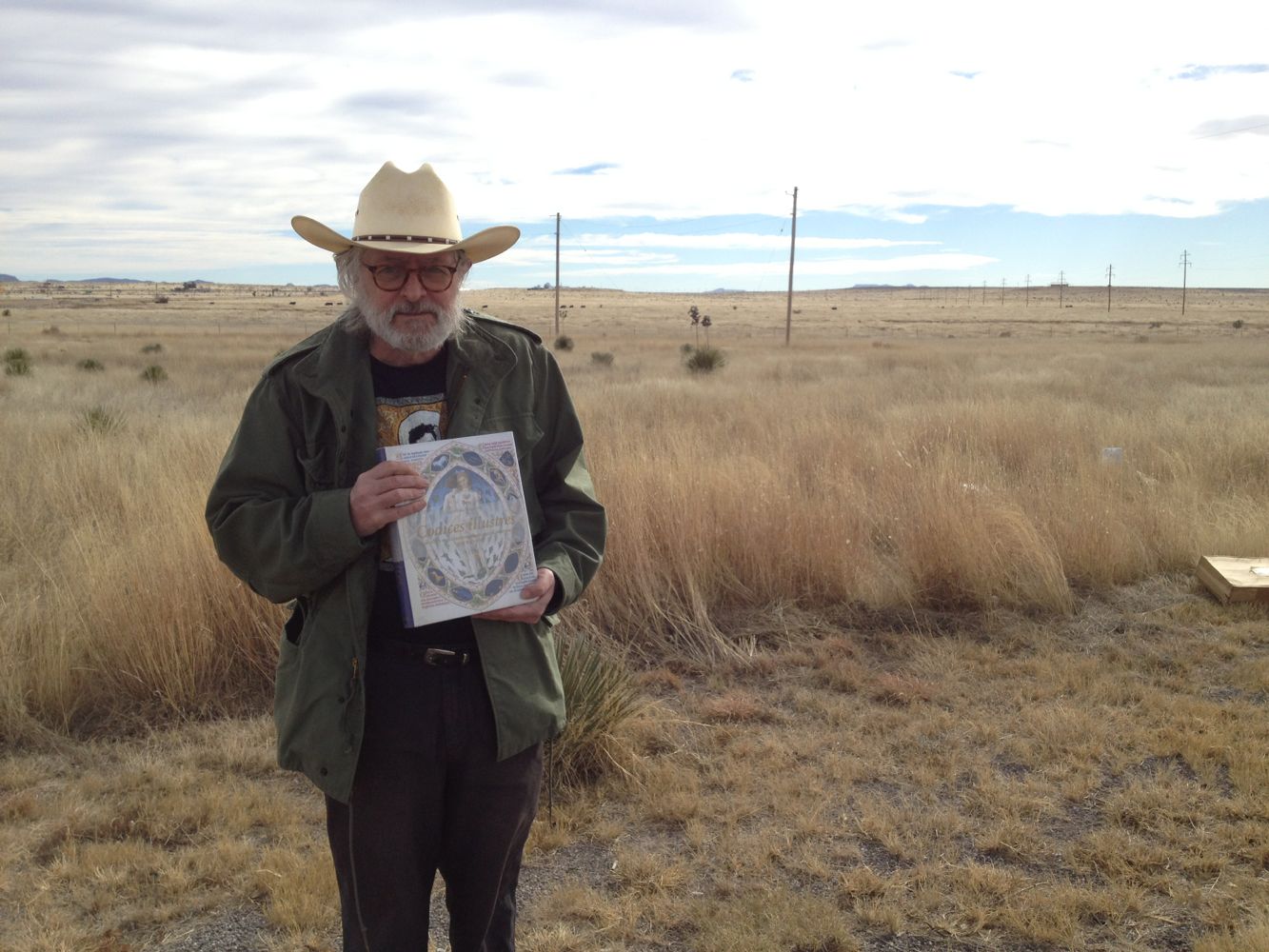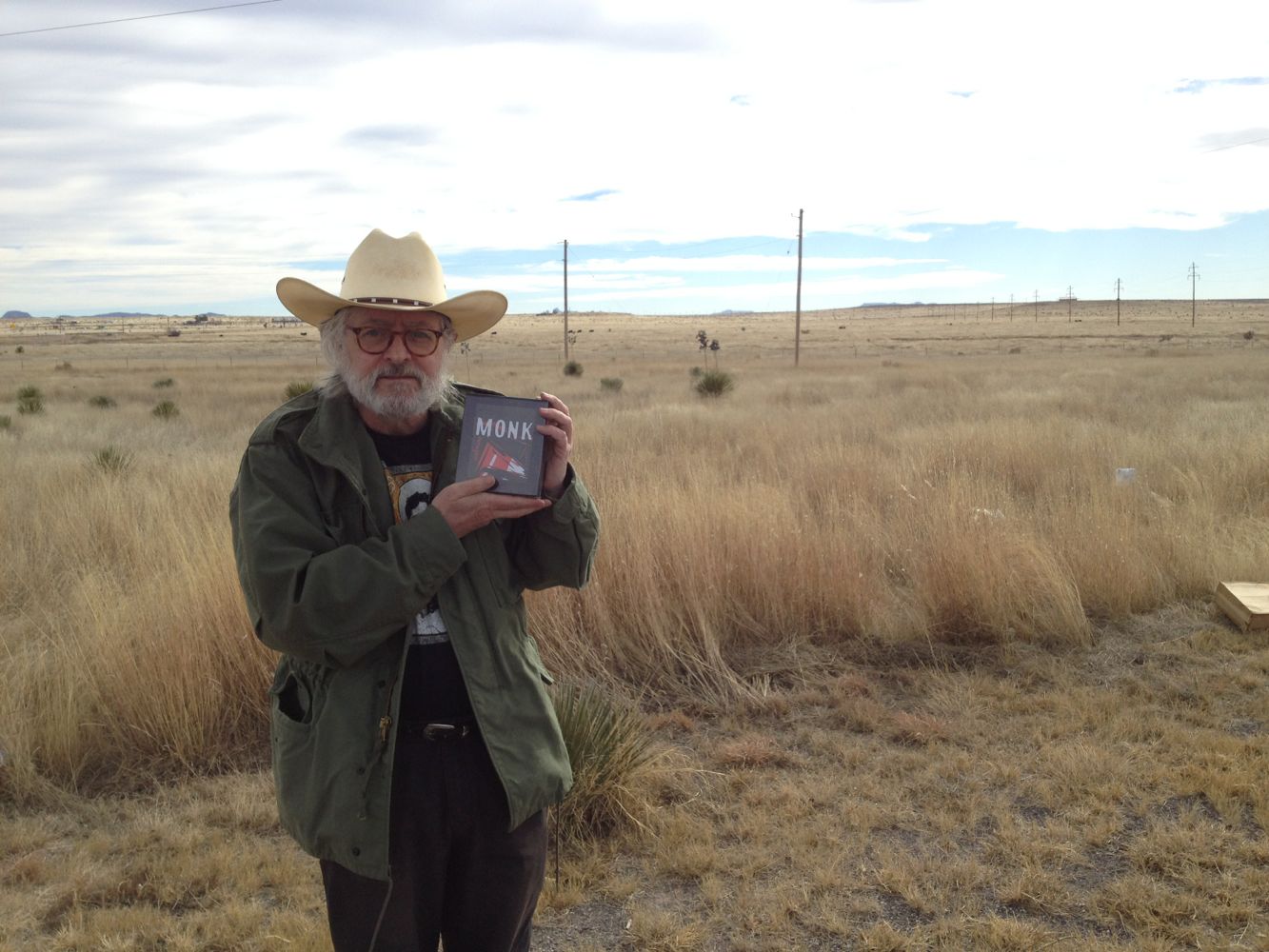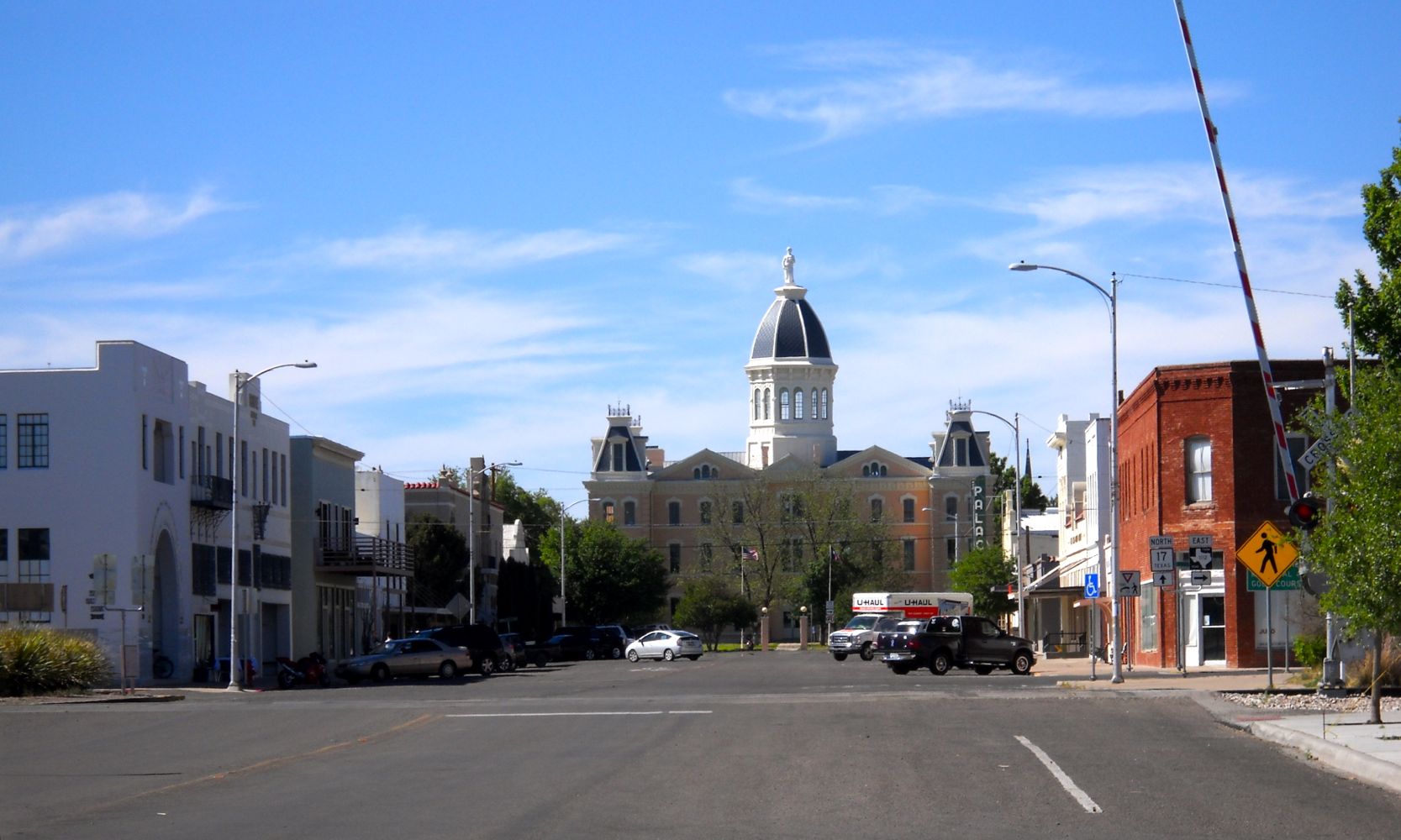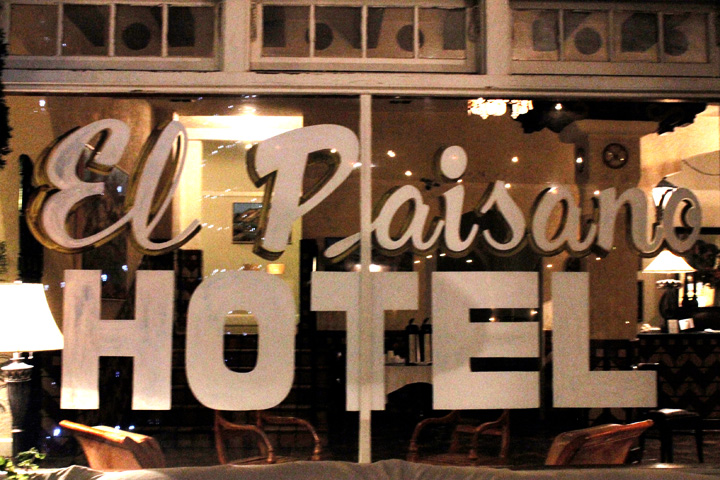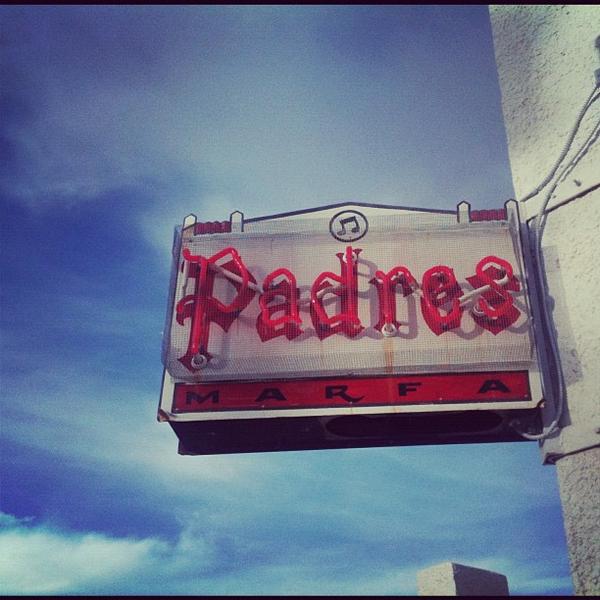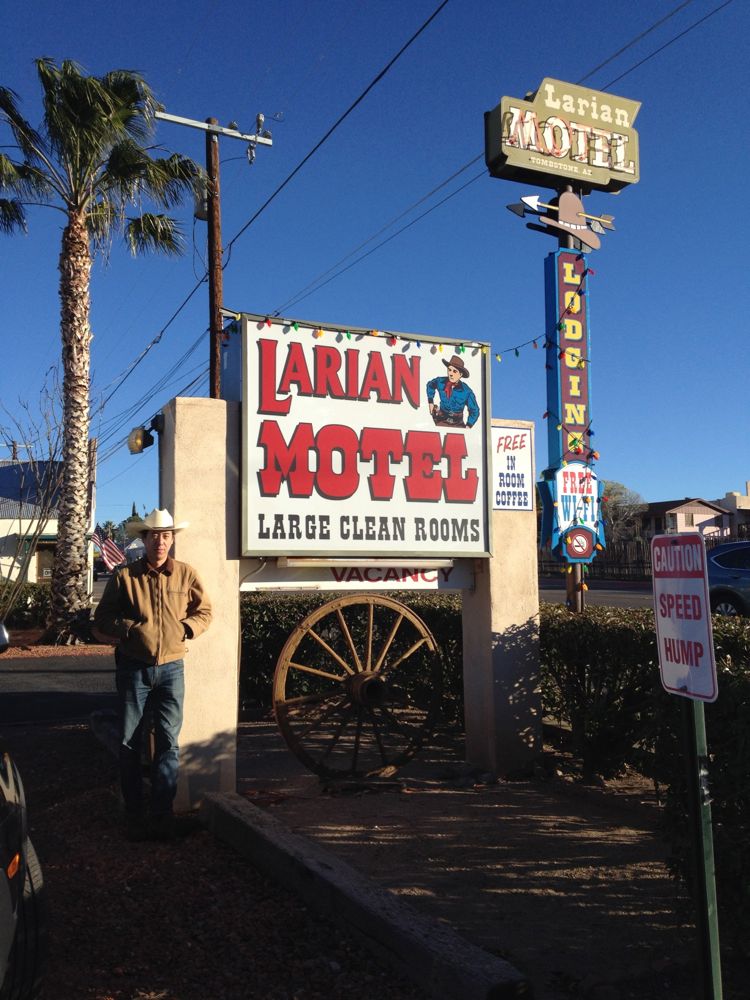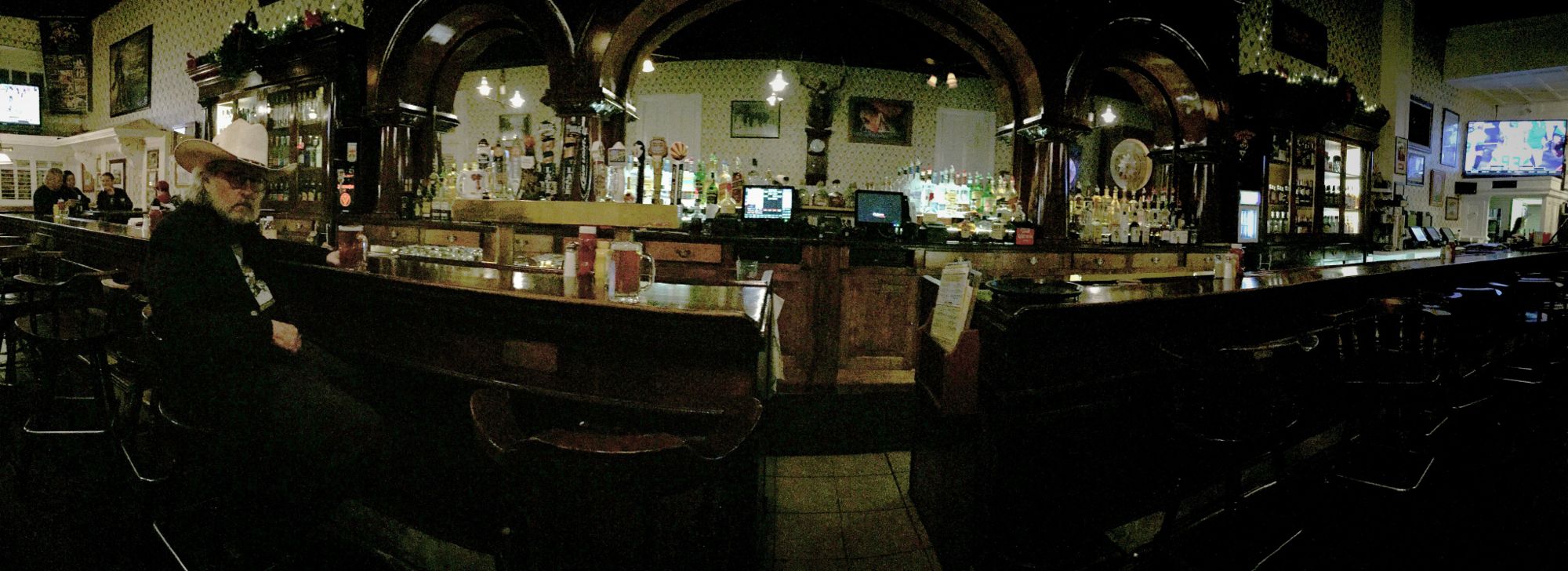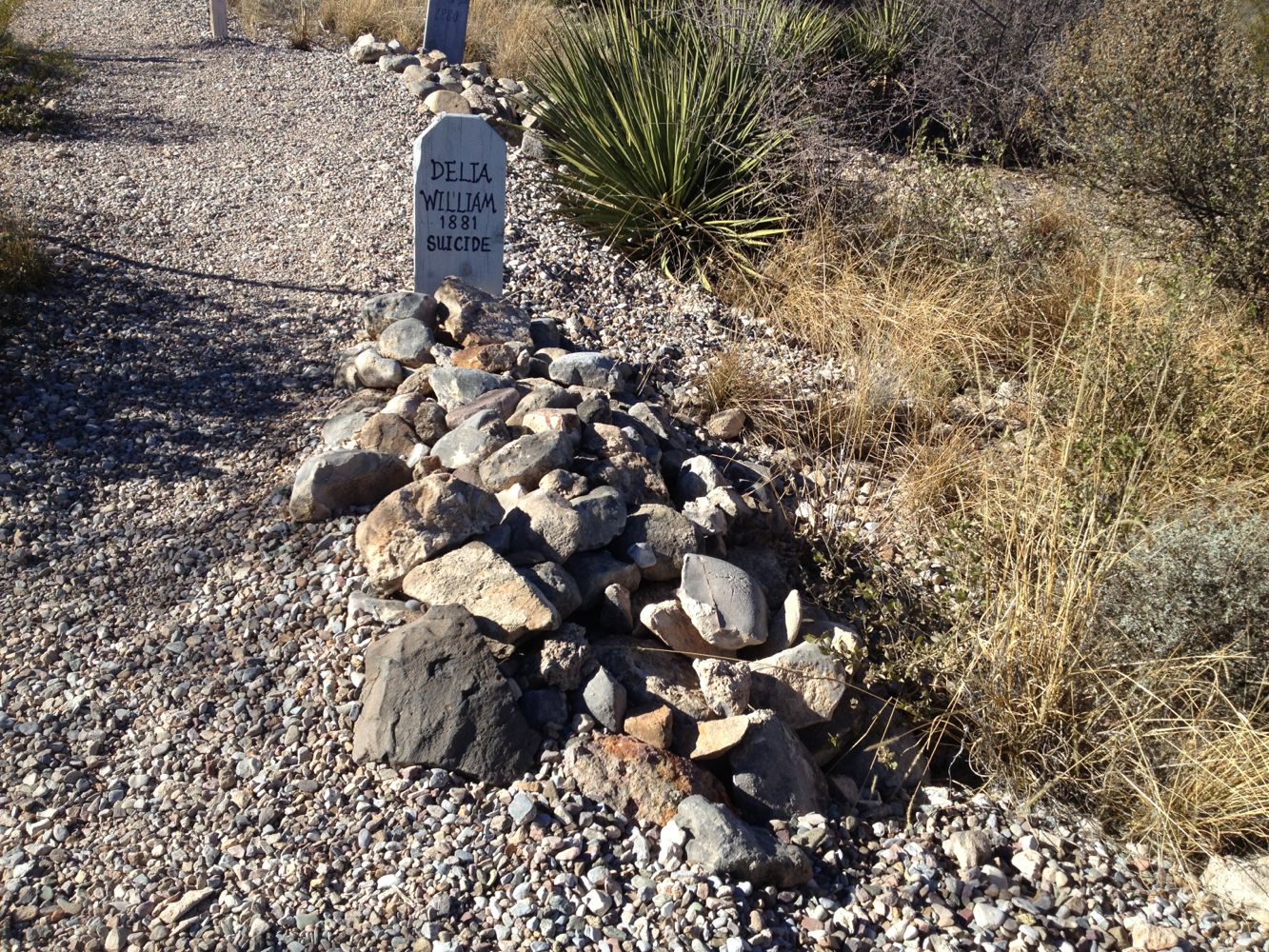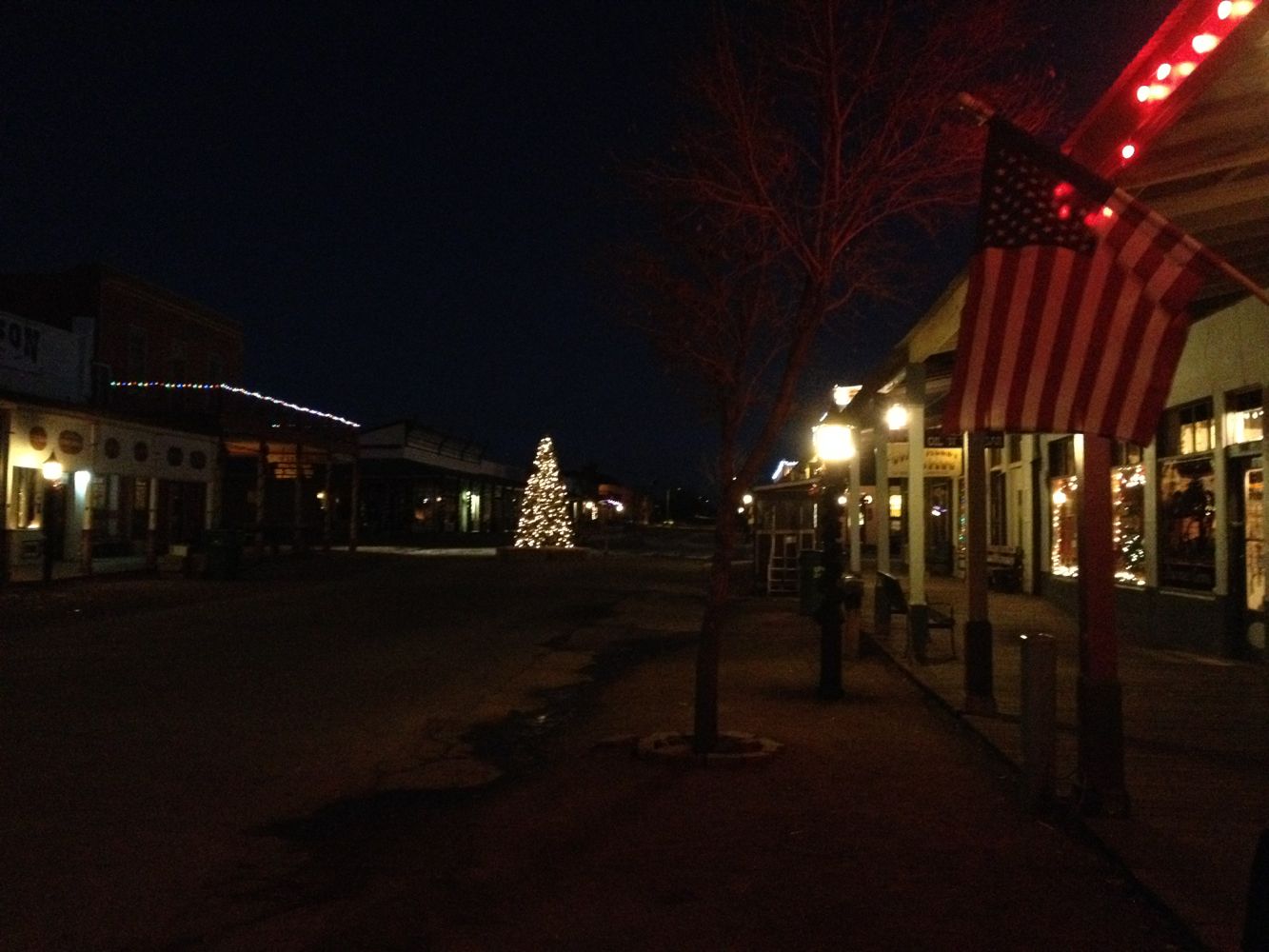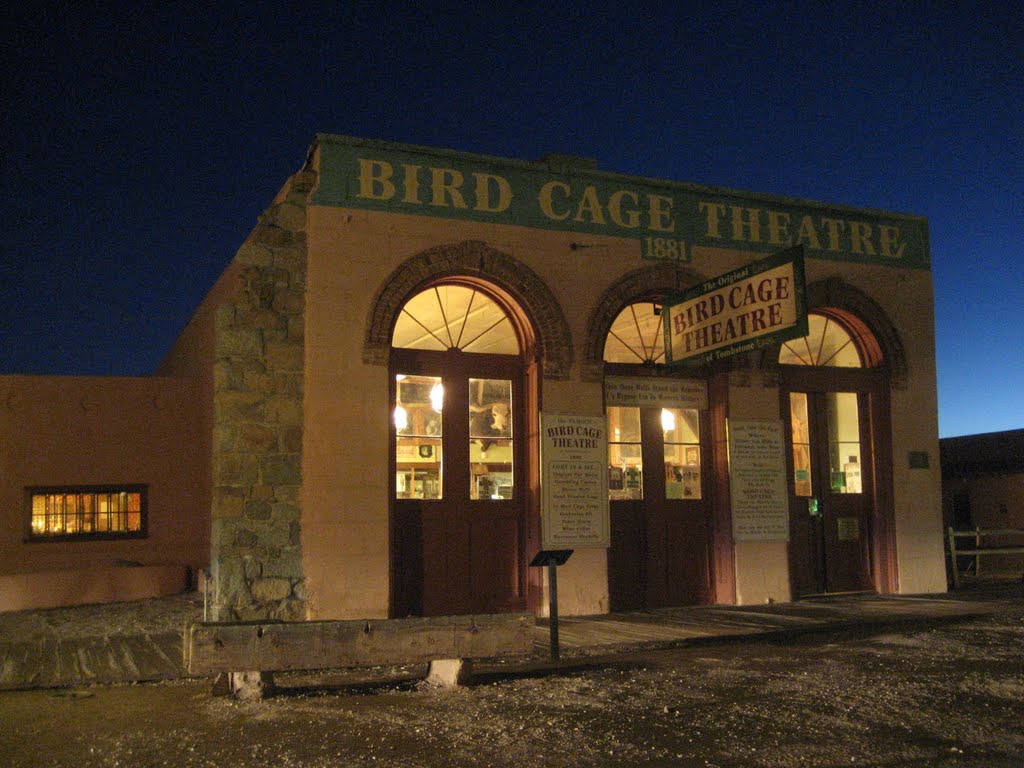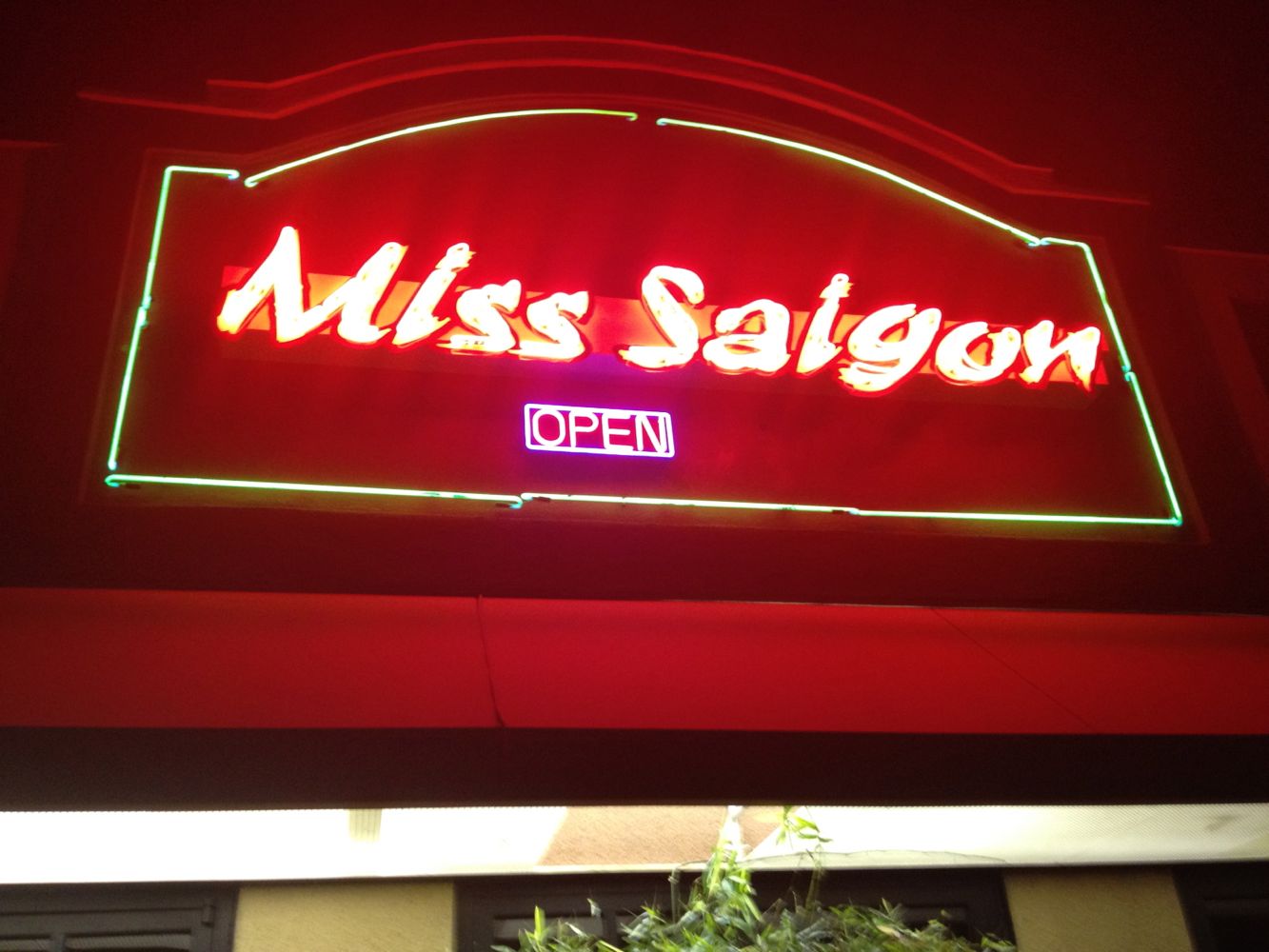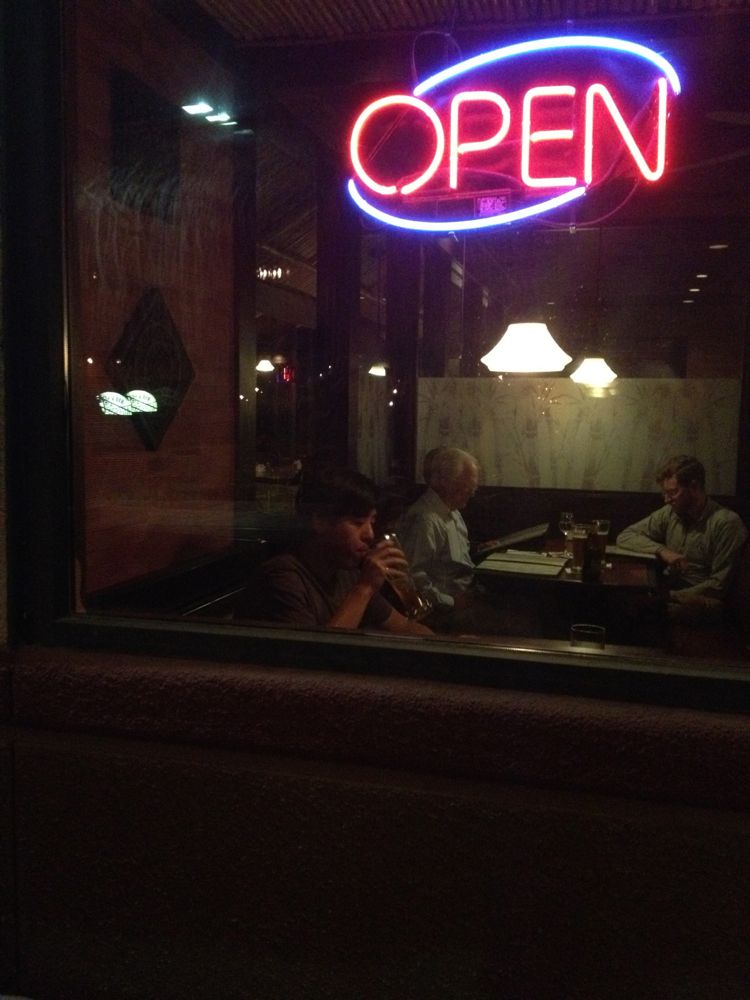Monthly Archives: December 2014
REMEMBER
I’m old, so I can say this with authority — one smile, one kiss, one hand warmly held can leave an imprint on a whole lifetime, like a watermark on a sheet of paper. In the end it won’t matter what’s written on the paper, scribbled records of ecstasy or despair — the watermark will endure as a faint reminder of what’s eternal.
IT MUST BE CHRISTMAS
It’s still Christmas, folks — will be until Twelfth Night, January 5th. In case you’re sick of it already, here’s a melancholy Christmas song just for you.
AN AMY CREHORE FOR TODAY
Bathers’ Club — brand new. See it and other work on her web site here:
Click on the image to enlarge.
AN LP COVER FOR TODAY
GOEBBELS
David Irving is a brilliant and indefatigable researcher into the history of WWII. He has mastered the surviving German archives as no other investigator has and he has had a knack for getting surviving German military and political figures to talk to him. He probably knows more about the German war effort, and in greater detail, than any historian alive.
He also seems to have a screw loose — revealed in a vague sympathy with Naziism and a disposition to anti-Semitism, often conveyed more by innuendo than by direct expressions of opinion — and this wobbly screw drives people crazy, which is understandable. It should certainly make us question his historical conclusions, if not his facts, which always seem to be in impeccable order.
Irving delights in pointing out that there is no documentary evidence that Hitler ordered or even knew about the Final Solution set in motion by his minions. It violates common sense to think that Hitler didn’t order or approve the actions of his subordinates in a project of such scale, the surviving documentary record notwithstanding — so why does Irving make such a fuss over the missing “evidence”? To suggest that Hitler wasn’t the monster every reasonable persons knows he was? That seems to be his aim.
It’s this sort of thing that has branded Irving a scoundrel — but scoundrel or not, he must be read, read with a degree of skepticism, of course, but read. You simply won’t find the information he has to offer anywhere else.
His massive biography of Joseph Goebbels, withdrawn from publication in the U. S. due to a campaign of invective against its author, is now back in print in England and can be had from Irving’s web site here.
I can understand not wanting to support Irving personally by buying his books. On the other hand, if you want to know all that can be known about Goebbels’s life, you will need to place this volume on your reading list, if not on your open shelves.
RAMEN!!!!!!!!!!!
My friend Jae was walking around my neighborhood today and noticed a new restaurant close to my home. He suggested we try it tonight. It’s housed in a cool-looking stand-alone building in the parking lot of a strip mall — the interior is small, warm and inviting, with subdued lighting, a bar and a big communal table in the center surrounded by booths.
When we showed up around 7pm there was already a crowd waiting for tables, which seemed like a good sign. It was. The place has Sapporo on draft and the food is exceptional, easily the best ramen I’ve ever tasted, and reasonably priced, too. It’s open seven days a week until 3am.
What a find.
FINALLY
I just got this book via eBay. I lost my original copy of it somehow in the course of a break-up in 1977 and have been trying to find another one ever since — that is, for 37 years.
It’s not what a bookseller would call a rare book, because it’s not in much demand, but it’s scarce, because it didn’t have a big print run. I got it for slightly less than its list price when it was first published in 1973, with free shipping in the bargain. It’s in very good condition, nearly fine except for slightly bumped corners and a few small tears in the dust jacket, easily repaired.
Patience has been richly rewarded.
SAIGON AGAIN
[Photo by Jae Song]
After Fort Davis Jae and I decided to head back towards Las Vegas. Trying to figure out what city to shoot for that day we suddenly realized that we were within striking distance of Tucson and our mission became clear — revisit Miss Saigon.
We hauled ass and got there in plenty of time to check into the Motel Six and head over for another meal at our new favorite Arizona restaurant. It was Friday night and much busier than on our previous visit, with a crowd of walk-ins waiting to be seated, but we had thought to make a reservation from the road and were shown straight to a table.
This night there was a sublime lounge group playing in the joint — a wacky lady singer, a saxophone player and a guy on a drum machine. After the long drive, the big frosty Singha beer tasted especially good, and the food didn’t disappoint, either.
The next morning we had breakfast at a nearby Waffle House.
[Photo by Jae Song]
Suitably fortified, we made it back that day to Silly Town. We’d put a bit over two thousand miles on the odometer, a long haul for a Christmas in Marfa, where most doors were shut to the hungry traveler. But that’s part of Christmas, too.
Click on the images to enlarge.
FORT DAVIS
I didn’t want to leave the Marfa area without visiting Fort Davis, the best-preserved frontier cavalry post in America. It was closed on Christmas Day so Jae and I drove up to it the next day on our way out of Marfa.
The post is really something. It was established in the 1850s, abandoned during the Civil War, reestablished afterwards. It was shut down finally in the 1890s but has survived since then virtually intact. It has been lovingly restored and many of its buildings are furnished with fascinating period artifacts.
At most surviving frontier posts, only a few original buildings have been left standing, but Fort Davis presents an image of the whole complex, with post hospital, a complete line of houses on officer’s row, and two barracks buildings for enlisted men, among other structures.
Buffalo Soldiers, black cavalry troopers, comprised the ranks of enlisted men for most of the post’s history, which makes it a special place indeed. The ghosts of those soldiers still ride in formation over the parade ground at the center of Fort Davis, still move out on patrols into the forbidding landscape of southwest Texas, still testify to the rough glory won by men doing hard work in hard places.
Click on the image to enlarge.
CHRISTMAS DAY ON THE ROAD
[Photo by Jae Song]
Jae and I decided to spend Christmas Day exploring the country around Marfa. We drove down to Big Bend National Park and through its many splendors, often following the course of the Rio Grande.
Jae stopped often to take photographs. He got obsessed with the windmills used to haul up water from deep wells.
We passed through Terlingua, a ghost town at the site of what used to be a cinnabar mine — cinnabar is the mineral from which mercury is extracted. There were ruins of old adobe structures and rusted machinery, dating as far back as the 1880s, spread out over the landscape. Wim Wenders used the location in Paris, Texas. The place had a mournful air.
In general, though, the countryside we saw was exhilarating.
When we got back to Marfa we discovered that even Padre’s was not serving food, which meant we had to race to the local gas station convenience store before it closed (at 7pm) to find something to eat. It was literally the only choice.
We picked up some spicy chicken nuggets and some burritos which we heated in the motel microwave. It was not the extravagant Christmas dinner we had envisioned, but it was just fine. When there’s no food at the inn, you make do as you can.
Click on the images to enlarge.
CHRISTMAS MORNING AT THE MOTEL
I’d brought along a few Christmas presents so Jae and I could have something to open on Christmas morning. The rest I left at home to be opened upon our return.
Below Jae poses outside our motel rooms with my gift to him — a book of full-size reproductions of Winsor McCay’s Liittle Nemo Sunday pages:
It’s a book almost as big as Texas. Jae gave me something even more impressive — two nearly pristine albums of 78s by Bing Crosby:
I’ve ordered a special cartridge and stylus from Japan in order to be able to play them on my turntable.
My sister Lee and her family gave me a stunning Taschen book with reproductions of pages from various illuminated manuscripts:
Cotty Chubb gave me a set of Thelonious Monk’s complete recordings for Prestige — lots of jazz magic to be discovered therein:
All in all, it was a cheerful and slightly surreal start to Christmas Day.
Click on the images to enlarge.
CHRISTMAS EVE IN MARFA
I had an idea that it would be fun to spend Christmas in Marfa, Texas. Jae and I drove there from Tombstone on Christmas Eve. I had somehow gotten the notion that Marfa was the sort of tourist destination that would attract holiday revelers from distant places and welcome them festively. I could not have been more wrong.
It was pretty much dead. The cool restaurants were closed for Christmas Eve and Christmas Day. The bar and grill at the fancy hotel in Marfa — the El Paisano, where the cast of Giant stayed when filming nearby — was closed. The uncool restaurants were closed, too. Even the Dairy Queen was closed, and when a town’s Dairy Queen is closed, that town is existentially closed.
Jae and I managed to find a bar called Padre’s that was serving food, simple fare but good, and it had a small but attractive selection of beers on tap. The bar was located in a big room with a stage and a dance floor, but there was only a tiny crowd in attendance on Christmas Eve — there was no live music and nobody was dancing.
The place had no heat working whatsoever — it was like hanging out in a cold storage locker. The bartenders wore heavy coats as they went about their work — the patrons were dressed in warm-weather clothes. Is this a Texas thing — freezing in bars?
We stuck around until the chattering of our teeth became distracting then headed back to our motel. Marfa is a charming little place, but it’s not a place you want to find yourself at Christmas as an out-of-town visitor.
TOMBSTONE
Jae and I motored into Tombstone, Arizona on the morning of our second day on the road.
Tombstone is a remarkably well-preserved late 19th-Century frontier town but every inch of it has been commercialized in the cheapest and ugliest ways imaginable. If you squint you can get a clear sense of the scale and architecture of the old town, but the glare of tacky commerce is otherwise blinding.
The O. K. Corral, near which the legendary gunfight occurred, has been enclosed within a big shed-like building, so the owners can charge for the privilege of standing on the famously blood-stained spot. We declined to do so.
Tombstone used to be a wide-open town, and it still has its share of frontier-themed saloons, but they shut down early these days, and of course you can’t smoke in them. All you can do is drink a few beers and imagine what the joints were like in more rambunctious times.
The whole town pretty much closes for business after 9pm. When the streets are dark you have another opportunity to imagine the town as it used to be, physically at least — though the saloons stayed open around the clock once upon a time. The town in its heyday was never as dark as it is today at 10pm.
We visited the legendary Boothill Graveyard on the edge of town, with its wry inscriptions on the grave markers, invariably detailing some violent form of death.
We had some very bad, disgracefully bad, food for lunch in a small cafe, and some acceptable food for dinner at Big Nose Kate’s Saloon, where a big cowboy band played decent music.
Kate was a prostitute and sometime companion of Doc Holliday. She never owned a saloon — the one that bears her name now used to be The Grand Hotel.
My favorite moment on our visit to Tombstone occurred outside Big Nose Kate’s. I’d stepped out to have a smoke and saw two very old locals, a man and woman, in cowboy hats doing the same. The woman said to the man, “Well, Bill, we’ve made it to another Christmas.”
“Yep,” he said. “That’s a good thing.”
She said, “It’s the first step towards making it to the next one.”
The Crystal Palace Saloon, outside of which Virgil Earp was shot and disabled, had a terrific band doing rock covers but it played so loud for the handful of patrons in the cavernous room that we had to flee after a few songs.
Tombstone is an interesting place to have seen — its Bird Cage Theatre, a mostly intact Old West low-life variety venue, is particularly evocative — but I won’t be going back to the town any time soon.
[Panoramic photos by Jae Song]
Click on the images to enlarge.
MISS SAIGON IN TUCSON
On the initial day of our road trip we’d hoped to make it to Benson, Arizona, where you turn off the I-10 to head south towards Tombstone, our fist planned destination. A late start meant we only got as far as a western suburb of Tucson, though this turned out to be fortunate.
We checked into a Motel 6 that had a smoking room for yours truly and saw that it was just across a couple of parking lots from the Miss Saigon restaurant, which looked intriguing and a step up from regular roadside eateries. It turned out to be much more than that.
It served Vietnamese-Thai fusion cuisine and had an excellent selection of Asian and other beers, kept ice-cold. The waitresses were cute and friendly, putting us in the best possible mood to feast on memorable green curry dishes.
We staggered back to the motel feeling refreshed and lucky.
Click on the images to enlarge.


